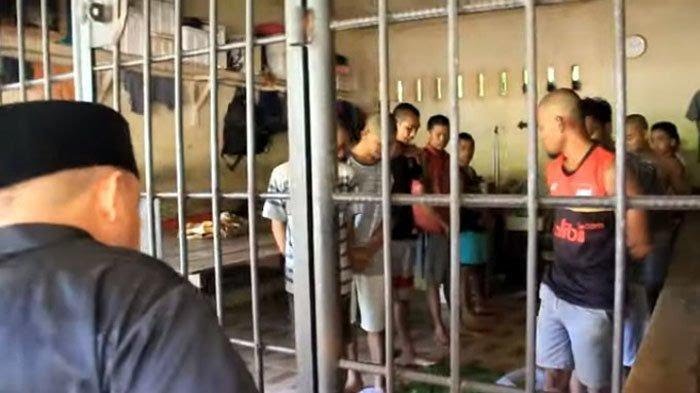An Indonesian regent’s recent arrest for graft may have uncovered another extremely heinous crime: human trafficking.
Langkat Regent Terbit Rencana Perangin-Angin was arrested by the Corruption Eradication Commission (KPK) on Jan. 18 on suspicion of receiving bribes. During a KPK raid of his residence in the North Sumatra province, investigators discovered prison cells in his backyard, containing four people at the time.
Police launched a probe into the discovery, initially concluding on Monday that the cells were an unregistered narcotics rehab facility, maintained as a personal project of the regent for 10 years.
As part of the supposed rehab process, the cell inhabitants also worked at a palm oil plantation owned by the regent.
Labor advocacy group Migrant Care, however, said it has received reports contradicting the police’s findings.
“The cells were for workers at his palm oil plantation … There are two cells in the regent’s home that were used to imprison 40 people after they worked,” Migrant Care head Anis Hidayah said yesterday.
“They had no outside communication access. They were tortured, beaten, bruised, and wounded.”
Anis, who shared images of the prison cells, said none of the workers were paid for their labor.
Usut tuntas dugaan perbudakan modern thp pekerja sawit di rmh bupati Langkat OTT KPK. Pekerjanya di kerangkeng di blkg rumah bupati pic.twitter.com/CkadO1KlX3
— Anis Hidayah (@anishidayah) January 24, 2022
Migrant Care has forwarded its findings to the National Commission on Human Rights (Komnas HAM) for further investigation. At this point, details about the 40 alleged slaves are scarce.
Pending possible human trafficking charges, Terbit may face up to 20 years in prison for receiving bribes.




